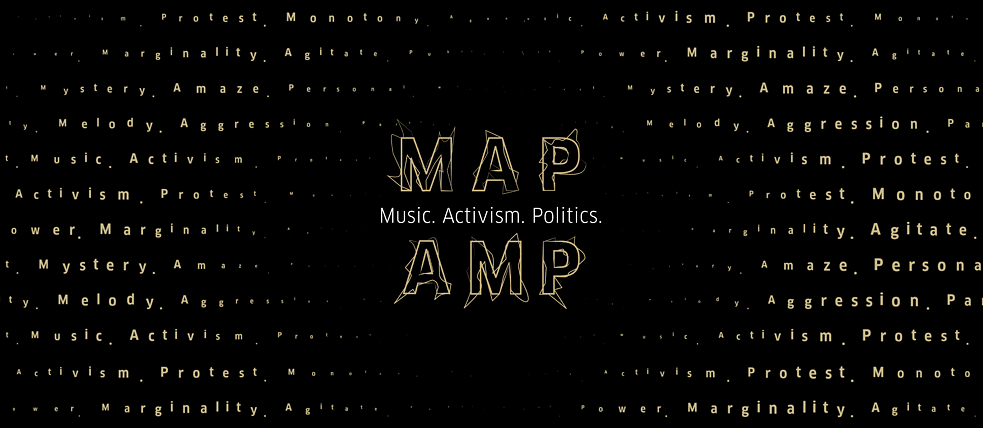Protest has always been at the centre of any revolution or movement, while dissent is proof of a healthy democracy. In the South Asian region, there are a variety of musical traditions that have been taken up throughout history. Musicians have been and continue to re-address questions of identity, nation, and politics. The interesting thing about the phenomenon today is that classical tradition can be used both for political agitation, and against a policy of oppression of minorities. Consequently, tradition provides material that can be used to act in the contemporary field of tension.
Localisation of individuals, groups, and networks of like-minded people in a globalised world allows access to various genres and musical traditions and admits multiple forms of identification with “the local” and “the global” and offers the opportunity to formulate activist positions in music as a result of this tension.
Music creates the feeling of a collective identity, of cohesion and solidarity, making it more than the “soundtrack” of political and social movements.
